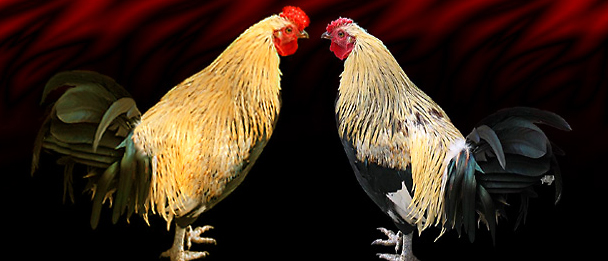Class Notes 10/3
Class Notes 10/3/16
Today in class we discussed the first group’s first impression of their trip to Bon Air. Questions of the power of labels, and where they come from followed from our initial discussion. If you are dying to know when the deadlines for the upcoming midterms and paper are, then scroll down to the bottom.
Advice from the first group
- Don’t be nervous- the boys want to get to know you
- They also want to talk to you, perhaps more about their life outside of juvenile facility
Potential class project
- Donate 1st ,2nd and 3rd Harry Potter novels to their library
Other questions/ topics that arose about Bon Air
What access to technology do they have?
- No social media, occasional television time, but they have an occasional movie night (reward days)
How recent in pop culture do they know?
- Maybe avoid discussing current events references, which they may not know, but many will because many don’t have long stays
Layout of day
- Wake up 5,5:30
- Breakfast
- School all day
- Discussion
- Dinner
- Discussion
- Bed
About Drugs
- The boys talked a lot about drugs
- They were excited to restart them when they got out (ex. LSD, weed)
- Made distinctions between being a “bad” kid and a “good” kid based on the types of drugs they did, as well as other non-drug classifications
The idea that drugs can labels people of “good” or. “bad” began the analysis of the first group’s trip to Bon Air
Where do the limits we set for ourselves on “good” and “bad” come from?
- Places/ environments we grew up in
- People we surround ourselves with (in the past or present)
- Situational (at a party vs. at home)
- Our culture
- Our society’s laws, norms, and values
- Gender
These are some challenging things the boys from Bon Air are challenging us to consider. One conclusion was that we tell each other and ourselves stories to justify our own personal limits.
Labels
- Labels affect our perception of peopleà we wouldn’t be so surprised at how nice, big brotherly Eric was if he was a kid at the University vs. a kid at Bon Air
- People we know and the people we meet Bon Air could potentially commit the same crime. But what is the effect of being labeled a felon for committing that crime versus being labeled as a normal college kid because you were never caught?
- Labels are hard to see pastà once you’re popular for something, that is how people remember you
- Perhaps the Bon Air kids insisted they were “good” kids because they wanted to see us as we see our home friends, good people who have done bad things (although sometime they don’t even believe they have done something wrong for various reasons)
- Where do labels come from? We decided an authority figure.
- Some examples included the law, the government, the justice system, family, friends, society
- Labels relate to evolutionà they help us survive, by allowing us to make quick judgments and predictions in a potentially harmful scenario.
Authority
- Intended to protect the individual as well as the society
- Assumes that before an individual is an adult (18) that he or she is still learning, and therefore needs rule and structure to follow
- Follow rules- labeled a “good kid”
- Don’t follow rules- “labeled a bad kid”
“Impact is greater than the intent”
We are ALL affected by same societal structures. We all have assumptions that maybe we don’t know we have.
It is hard to change they way we think and what we were taught when we were young because it has been instilled in our minds. However, there are things you can do to open your mind.
****FIRST STEP: NOTICING
- People from home and people from Bon Air commit the same crime. I shouldn’t think about them differently. BUT I DO. Creates awareness.
****SECOND STEP: QUESTION
-Why do some get caught and others don’t?
-Why do I think about these two people differently?
Final thoughts and insights
- Language and words change our perception of the world and the concepts we consider
- The first thing we think about someone is what we were taught to think. The Second thing is what we actually think
- Assumptions can be and often are WRONG, yet they are hard to change when people around you confirm them
- Labels perhaps stem from punishment as opposed to the act of “getting caught.” We may look down upon those who are felons more so than those who are let off for the same crime.
- But how is punishment decided upon? The legal system
- Are there prejudices in court, which may affect who goes to jail and who doesn’t such as socioeconomic status, and skin color? Yes.
- What does this say about our society?
- In addition, wealthier people can afford lawyers to evade punishment, while poorer people cannot. In this instance, punishment inherently favors the poor.
- When you first meet someone, his or her identity is a blank piece of paper. Once you create that initial label, the paper crumbles. No matter how hard you work to try and flatten out the paper, it will never return to its original state.
Due this Wednesday (10/5): Bring a draft or a detailed outline with quotes of your analysis paper to class.
Due next Wednesday (10/12): Email Professor Dolson your citizenship self-assessment midterm (see assignment tab on blog for description) and Bring your final draft of your analysis paper to class (also under assignment tab on blog for description)
